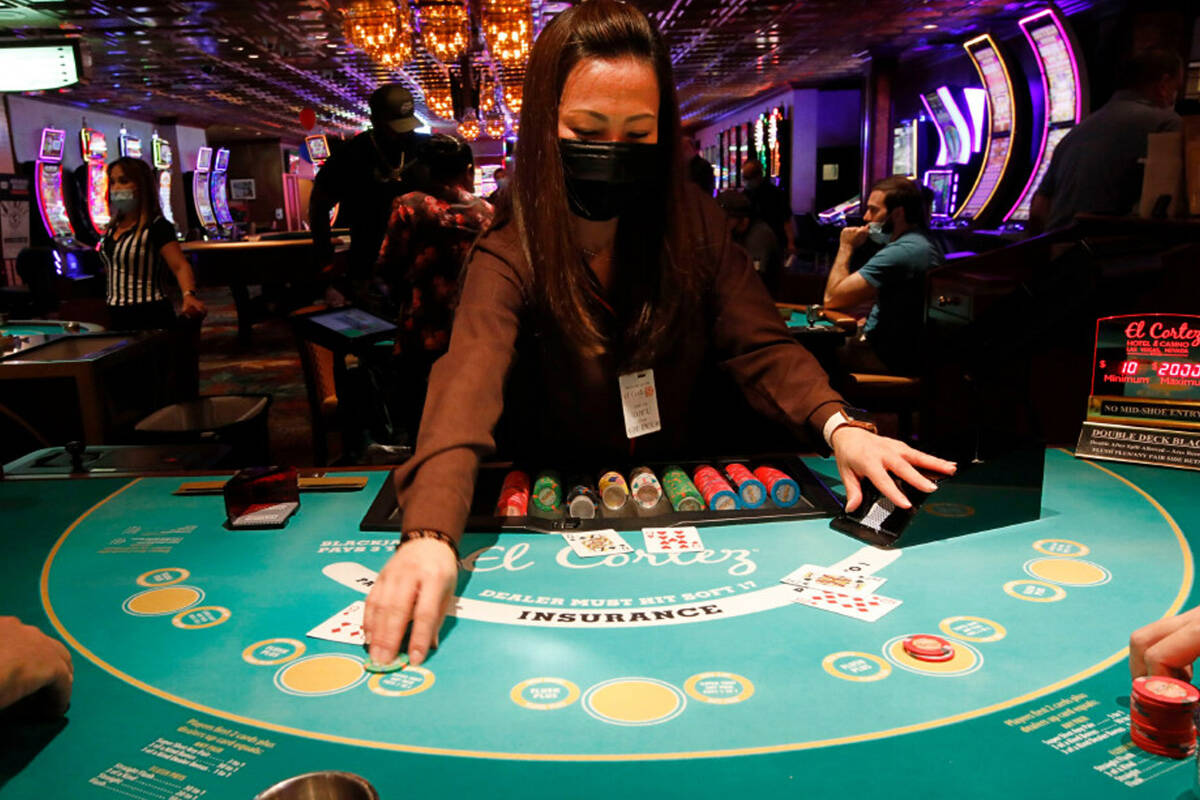
Casino activities have enthralled enthusiasts for centuries, luring them into a world of adventure, chance, and wealth. From the blinking lights of video slots to the strategic nature of card tables, these experiences offer a unique combination of fun and risk. However, beneath the surface of this glitz and style lies a intricate relationship of calculations that influences every conclusion and choice made within the gaming hall. đá gà trực tiếp
Grasping this relationship between gaming activities and math not only improves the player’s journey but may also help participants make informed decisions. Whether you are a recreational player or a dedicated enthusiast, recognizing the math concepts at play can provide important insights into probability, probabilities, and approaches, finally influencing how one approaches these chance games.
Arithmetic Likelihood in Gambling
In the sphere of gambling games, statistical probability plays a vital role in assessing outcomes and guiding gambler decisions. Every activity has a distinct set of regulations and a particular likelihood model that affects its dynamics. For example, in games like the roulette wheel, players must understand the chances of hitting a specific digit or color. The probability of specific events happening can be assessed, and this knowledge can substantially influence betting tactics.
Gambers also need to be informed of the casino edge, which is the statistical benefit that casinos hold over players in the long run. This edge differs across different activities. In blackjack, expert players can use tactics to reduce the house advantage to as little as one %, while in activities like slot machines, the casino advantage can be much higher. Understanding the house advantage allows gamblers to make educated decisions about which activities to participate in and the amount to bet.
Additionally, probability is essential in the concept of danger versus gain in betting. Each wager carries a specific danger factor, and gamblers must evaluate the possible payout against that danger. Games like the poker game require gamblers to not only assess the chances of their personal hand winning but also to assess the probabilities of their rivals’ showings. By applying statistical principles to their strategy, gamblers can improve their odds of winning and engage more effectively in the exciting world of casino activities.
Expected Value in Casino Activities
When talking about gambling games, one of the fundamental ideas rooted in mathematics is the anticipated worth. This statistical measure helps gamblers grasp the potential outcomes of their bets over a period. In basic terms, expected worth (EV) calculates the mean amount a player can anticipate to win or lose per wager if they were to play the activity many times. Each game has its unique EV, influenced by the probabilities and the casino advantage, which indicates the advantage that the casino holds.
For instance, consider a game like the roulette game. The anticipated value can be calculated based on the specific wager placed. If a player bets on a individual number, the return is 35 to 1, but the actual odds of winning that wager are 1 in 37 (in Euro roulette). This results in a negative expected worth, indicating that, on average, players will lose money over a period when playing this kind of bet. Understanding this idea allows players to make better educated decisions about which activities and wagers may be less advantageous.
Additionally, the exploration of expected worth can lead to improved money management. Players who understand the mathematics behind their activities are often able to set realistic goals. By recognizing their possible losses and gains, they can modify their playing strategies appropriately, which may enhance their overall gambling experience overall. As a consequence, anticipated value serves as a critical tool for both beginner and experienced gamblers to navigate the frequently unpredictable character of casino games.
Tactics and Odds: The Math Behind Success
In gaming establishments, grasping the odds is crucial for participants seeking to maximize their likelihood of winning. Each activity has its own unique set of probabilities that establish successful performances, and these numbers are often found in the game’s guidelines or payout schedules. For instance, in activities like 21, participants can improve their odds through methods such as tracking cards, which relies on mathematical principles to gain an upper hand over the casino. By familiarizing themselves with the probabilities, participants can make more informed decisions on when to wager and when to quit.
Additionally, the idea of average value holds a major role in casino strategies. Expected value assesses the average outcome of a stake over a period, allowing participants to assess whether a certain bet is valuable taking. For example, video slots have a specific payback percentage, which can indicate the average payout a participant can look for on their bets. By choosing activities with greater payout percentages, gamblers can reduce the house advantage, enhancing their potential returns in the long run.
In conclusion, successful participants often utilize a combination of luck and math strategy to boost their gaming experience. While luck is uncontrollable, managing a wagering approach based on calculative ideas can lead to more advantageous situations. By making use of techniques such as bankroll management and picking games, gamblers can leverage mathematics to handle the volatile nature of gaming, making the most of their investments and investments at the gaming tables.
